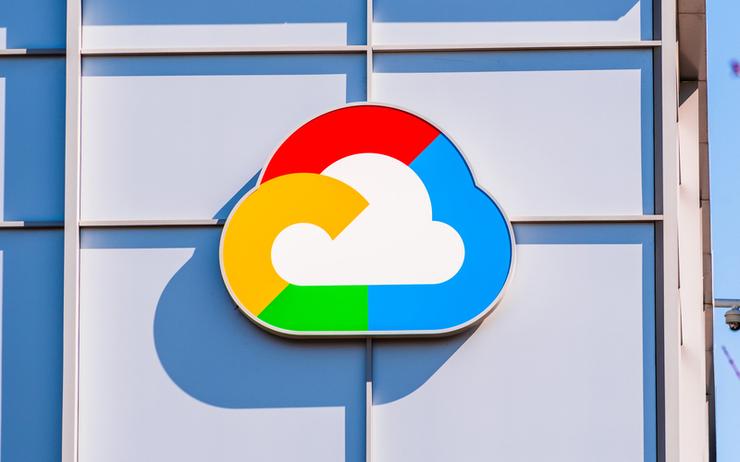Google has unveiled MedLM, a suite of generative AI models specifically fine-tuned for the medical industry
In a bid to enhance the efficiency of healthcare tasks, Building upon the success of Med-PaLM 2, a Google-developed model showcasing “expert-level” performance on numerous medical exam questions, MedLM is now available to select Google Cloud customers in the U.S., with a preview release in certain markets after whitelisting through Vertex AI, Google’s fully managed AI development platform.
The MedLM family currently consists of two models: a larger variant designed for handling “complex tasks” and a smaller, fine-tunable model optimized for “scaling across tasks.”
In a statement shared ahead of the official announcement, Yossi Matias, VP of Engineering and Research at Google, emphasized the importance of tailoring models to specific use cases. Matias stated, “Through piloting our tools with different organizations, we’ve learned that the most effective model for a given task varies depending on the use case.” For instance, summarizing conversations might be best addressed by one model, while searching through medications could be more effectively handled by another.
HCA Healthcare, a for-profit facility operator, has been an early user of MedLM, utilizing the models in collaboration with physicians to draft patient notes in emergency department hospital sites. BenchSci, another tester, has incorporated MedLM into its “evidence engine” for identifying, classifying, and ranking novel biomarkers.
The competition in the healthcare AI market is intense, with Google, Microsoft, and Amazon racing to secure a substantial share of a market projected to be worth tens of billions of dollars by 2032. Amazon recently launched AWS HealthScribe, employing generative AI to transcribe, summarize, and analyze patient-doctor conversations, while Microsoft is piloting various AI-powered healthcare products.
Despite the promise of these advancements, skepticism persists regarding the accuracy and ethical implications of AI in healthcare. Babylon Health, an AI startup, faced scrutiny for claims about its disease-diagnosing tech outperforming doctors. IBM’s Watson Health division faced setbacks and was sold at a loss due to technical problems impacting customer partnerships.
The caution is warranted, as research indicates that generative models, including those in Google’s MedLM family, may not be consistently accurate in answering healthcare-related questions. Concerns raised by the World Health Organization (WHO) highlight the risks of generative AI in healthcare, including potential misinformation, data leakage, and the erosion of trust in AI.
Google, aware of these concerns, asserts its commitment to responsible use and safety. Yossi Matias reiterated, “[W]e’re focused on enabling professionals with a safe and responsible use of this technology,” emphasizing the company’s dedication to advancing healthcare while ensuring these benefits are accessible to everyone.








